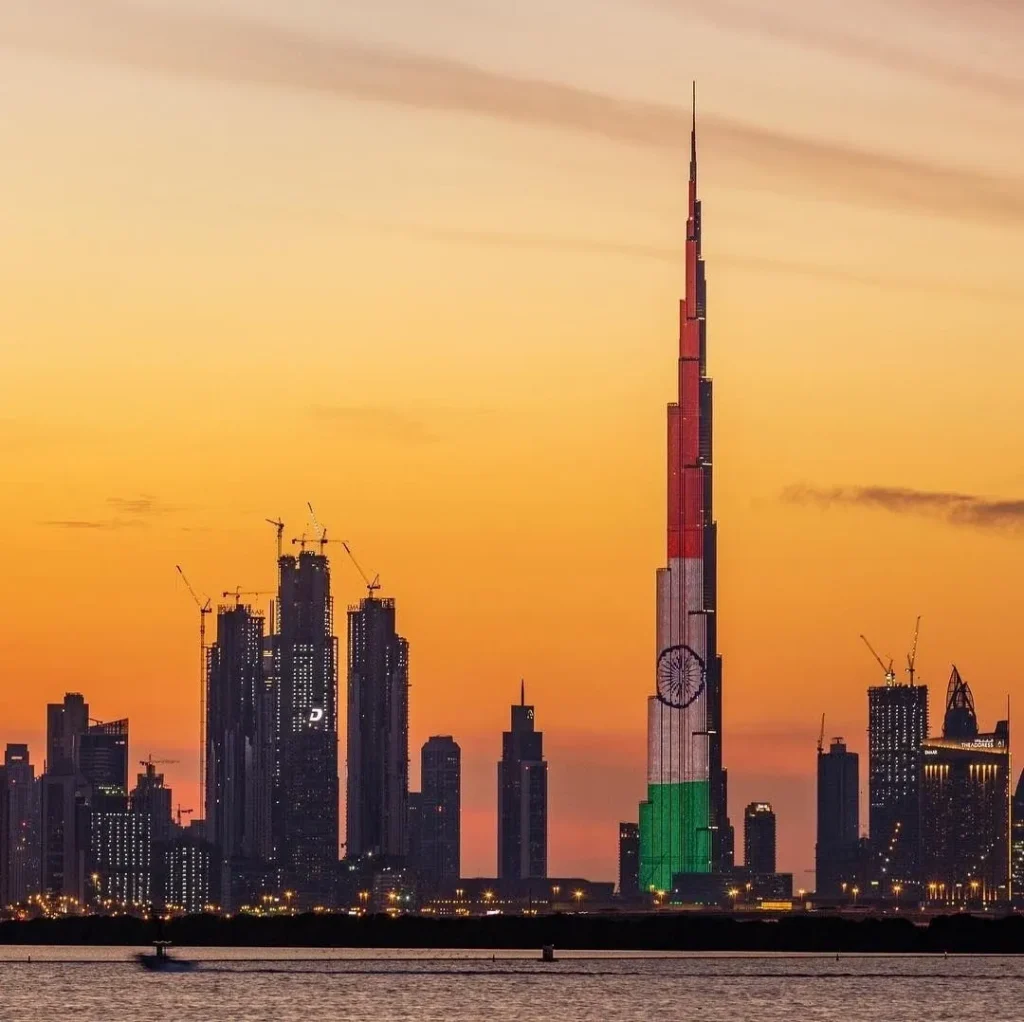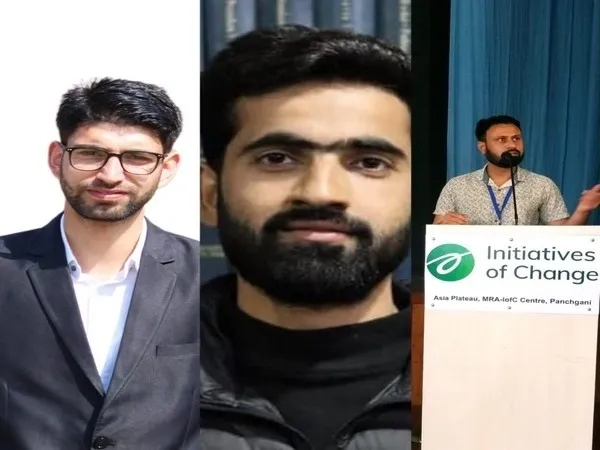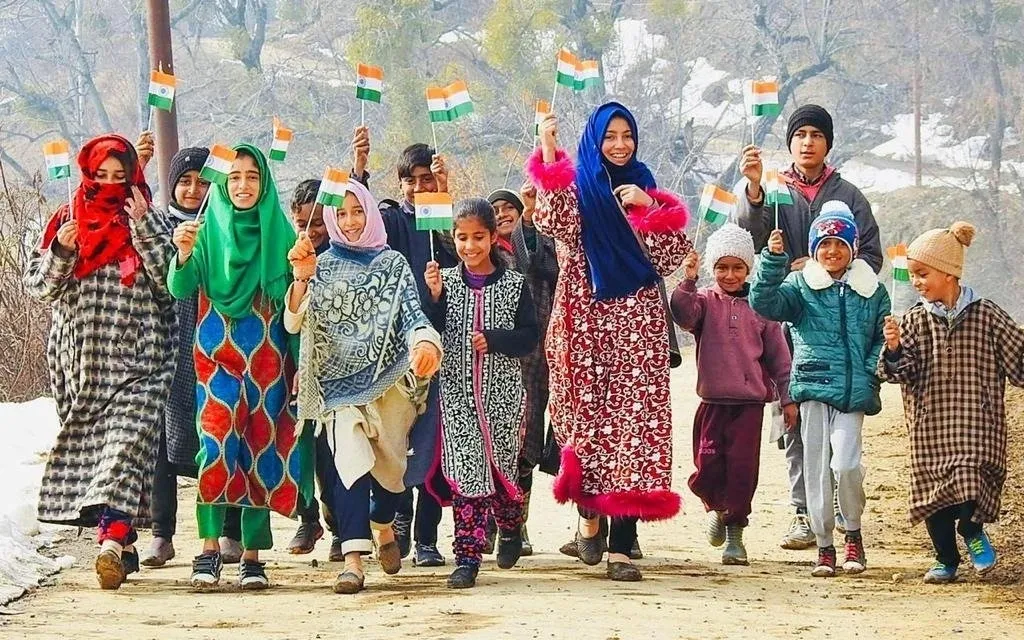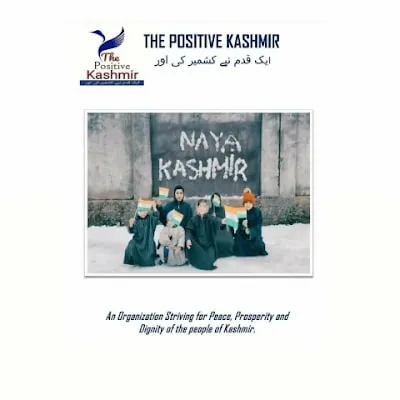India’s minister for commerce and industry, Piyush Goyal, in a recent statement said that by signing the Memorandum of Understanding with the Dubai government, Jammu and Kashmir has demonstrated the pace at which it is progressing on the development track.
“This MoU gives out a strong signal to the entire world about the way India is transforming into a global power — Jammu & Kashmir is having a significant role into that as well,” Goyal said in a written statement.
According to Indian Prime Minister Narendra Modi’s administration, Dubai will create infrastructure in the conflict-hit region of Kashmir that would include industrial parks, IT towers, multipurpose building, logistics centers, a medical college, and a specialist hospital.
Sultan Ahmed Bin Sulayem, the chairman and CEO of DP World, Dubai, has said, “We are dedicated to bridging the gap between Jammu and Kashmir and the rest of India. We know how to do it and how to overcome the challenges.”
Though the details of the agreement were not disclosed, Sulayem has stated that his company’s investments will be part of the Modi government’s Made in India drive.
This will be the first investment arrangement with UAE, particularly after the Indian government unilaterally scrapped Kashmir’s semi-special status in August 2019.
The timing of the investment and MoU has surprised many in Kashmir. Tariq Rashid Ghani, secretary-general of Hoteliers Club, sees the signing of a pact between the two governments as a positive development.
“Not only will it give an upliftment to the infrastructure, but it will boost inflow of international tourism to the region,” Ghani told VOA.
According to the data released by the Center for Monitoring Indian Economy – an independent think tank and business information company – the unemployment rate in Jammu and Kashmir has risen from more than 13 percent in August to 21.6 percent in September.
Amid the backdrop of a high unemployment rate, Ghani stressed the need to engage locals in these developmental projects in order to drive employment opportunities for the local youth.
According to Jammu and Kashmir Finance Department, 9,514 physical projects were completed at a cost of about $520 million in 2020-21.
Mehraj Gulzar, former chairman at the Information and Communications Technology Association, said, “I view this as more of a political statement than an economic one. The local economy is shattered, and creating infrastructure without an ecosystem will be of no use for local entrepreneurs. How much it can help to improve our economy will be interesting to watch out for.
“As far as the conflict is concerned,” Gulzar added, “I think UAE signing an MoU with the government of India for investment in Kashmir legitimizes the Indian stand on Kashmir, which is a big win for India and indicates the opinions of international community, as well as the Islamic world toward the Kashmir conflict.”
After 11 years, Go First, a low-cost Indian air carrier, became the first to resume direct flights between Srinagar and Sharjah. Union Home Minister of India Amit Shah celebrated the first Srinagar-Sharjah international flight on October 23 in the presence of the lieutenant governor of Jammu and Kashmir, Manoj Sinha. Air India Express launched a once-weekly service from Srinagar to Dubai in February 2009, but that was discontinued because of low demand.
A local entrepreneur who has ventured into infrastructure development, Irfan Mushtaq, told VOA there are two parallel things that have recently emerged: direct flights to UAE and the pact between Dubai and Kashmir.
“It will provide some impetus for the local economy along with employment generation. However, the sustenance of such initiatives is an immense challenge in Kashmir,” Mushtaq said.
Latif A Bhat, president of Kashmir’s Chamber of Commerce & Industries, told VOA this part of the world has been disturbed for a long time and these types of MoUs may be based more on politics rather than actual growth opportunities. He noted that genuine investors normally avoid disturbed areas because it’s so hard to turn a profit. The most important industry for this area could be development of medical tourism by local investors.
“Our experience is that normal industry has mostly turned sick in the valley, being a cut-off area and no electricity available to run such industry here. Natural beauty is available in abundance, which needs to be preserved and developed keeping in view the ecology of the valley. The only industry that can provide employment and energy to the economy can be tourism, which has suffered during the period of turmoil,” Bhat said.
India is looking for greater trade relations to help restore its economy, especially after a fatal second wave of the virus earlier this year. Before the outbreak, the country was the UAE’s second-largest commercial partner, with roughly $40 billion in non-oil commerce.
On a recent visit to New Delhi for meetings with Indian Commerce Minister Goyal, UAE Minister of State for Foreign Trade Thani Al Zeyoudi, said the two governments are set to begin talks on an economic partnership aimed at stimulating commerce, investment and jobs.
Bilateral trade could reach $100 billion in five years after the treaty is signed, according to the UAE, and Goyal indicated that figure could be reached.
The government of India’s Ministry of Commerce and Industry did not respond to VOA’s email requesting comment.
Last week, the India-UAE-Isreal Economic Summit was jointly organized by India and Israel to discuss prospects for collaboration on trilateral initiatives. The summit, which drew more than 250 attendees from those three nations, including prominent business executives, government officials, and specialists, examined strategies to maximize trilateral trade and investment opportunities.
The event, according to Aman Puri, India’s consul general in Dubai, provided significant impetus for collaboration in both the public and private sectors for the three countries.




